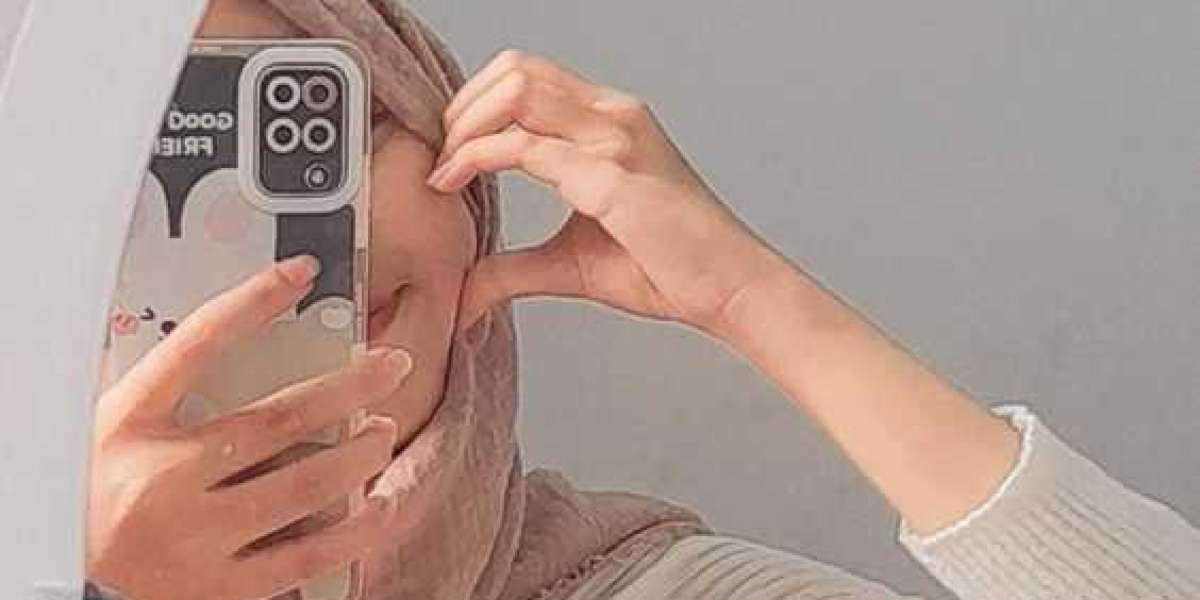Vertigo is a medical condition that causes a sensation of spinning or dizziness. People who experience vertigo often feel like they or their surroundings are moving even when they are still. Vertigo treatment in Dubai is helpful as compared to other countries.This condition can be temporary or chronic and may result from issues within the inner ear, brain, or sensory nerve pathways. In Dubai and across the U.A.E., awareness about vertigo and its management is growing due to increasing demand for specialized neurological and vestibular care.
Vertigo is not a disease on its own. It is a symptom of various underlying conditions. The most common causes include inner ear disorders like benign paroxysmal positional vertigo, vestibular neuritis, and Meniere’s disease. Head injuries, migraines, and neurological conditions such as multiple sclerosis can also trigger vertigo.
Differentiating Vertigo from Dizziness
Although the terms vertigo and dizziness are often used interchangeably, they refer to different experiences. Dizziness is a general term for feeling lightheaded or off-balance. Vertigo specifically involves a false sense of movement. People often describe it as feeling like the room is spinning around them. Proper diagnosis is crucial in identifying vertigo and distinguishing it from other balance disorders.
How Vertigo Is Diagnosed in Dubai
In Dubai, medical professionals follow a structured diagnostic process to identify the cause of vertigo. This involves clinical evaluation, detailed patient history, and a series of physical and neurological tests. Since vertigo can stem from various issues, specialists may include ENT doctors, neurologists, and vestibular therapists in the evaluation process.
Initial Assessment and Medical History
The diagnosis usually begins with a discussion about the patient’s symptoms. Doctors ask questions about the duration, frequency, and nature of the episodes. They also inquire about hearing loss, nausea, visual disturbances, and previous head injuries. These details help narrow down possible causes.
Physical and Neurological Examination
Doctors often conduct physical tests to observe eye movements and balance. The Dix-Hallpike maneuver is commonly used to diagnose benign paroxysmal positional vertigo. In this test, the patient is moved into specific positions to trigger symptoms. The doctor then observes the patient’s eye movements for signs of nystagmus, a type of involuntary eye motion associated with vertigo.
Neurological exams may also be conducted to check for issues related to the central nervous system. These include coordination tests, reflex assessments, and cognitive evaluations. If central vertigo is suspected, more advanced testing may be recommended.
Imaging and Specialized Tests
In certain cases, doctors may order imaging tests such as MRI or CT scans to rule out structural problems in the brain. Audiometric tests are used to evaluate hearing and inner ear function, which can be critical in diagnosing conditions like Meniere’s disease. Videonystagmography and electronystagmography are additional tests that track eye movements to assess balance and vestibular function. These technologies are available in many clinics and hospitals across Dubai.
Common Vertigo Treatments in Dubai
Treatment for vertigo in Dubai depends on the underlying cause. Once the diagnosis is confirmed, healthcare providers develop a treatment plan that may include medication, physical therapy, lifestyle changes, or procedures. Dubai’s medical infrastructure supports both conventional and advanced approaches to vertigo management.
Medication-Based Treatments
Medications are often prescribed to relieve symptoms like nausea and dizziness. Antihistamines and vestibular suppressants can help control episodes in the short term. In cases of vestibular neuritis, corticosteroids may be recommended to reduce inflammation in the inner ear. For patients with Meniere’s disease, diuretics may be used to reduce fluid buildup.
Doctors carefully consider side effects before prescribing long-term medication. In many cases, medication is used alongside other therapies rather than as a standalone solution.
Vestibular Rehabilitation Therapy
Vestibular rehabilitation is a specialized form of physical therapy designed to improve balance and reduce dizziness. In Dubai, physiotherapists trained in vestibular care create personalized programs for patients based on their specific needs.
These therapy sessions include exercises that promote coordination, eye movement control, and postural stability. For patients with benign paroxysmal positional vertigo, the Epley maneuver is commonly used. This repositioning technique helps move loose particles out of the inner ear canal to reduce symptoms.
Vestibular therapy is particularly effective for patients recovering from inner ear infections or traumatic brain injuries. Over time, the brain learns to compensate for the damaged vestibular system, resulting in fewer episodes.
Lifestyle and Dietary Adjustments
Lifestyle changes can also help reduce vertigo symptoms. Patients are often advised to avoid sudden head movements and bright lights. In the case of Meniere’s disease, reducing salt intake and staying hydrated can help manage fluid balance in the inner ear.
Stress management techniques such as meditation and breathing exercises may also be recommended. These methods reduce anxiety levels, which can worsen vertigo symptoms in some individuals.
Surgical and Advanced Interventions
In rare cases where conservative treatments do not work, surgical options may be explored. Procedures may involve decompressing the inner ear or cutting the vestibular nerve to eliminate vertigo. These methods are considered only after a thorough risk-benefit analysis.
In Dubai, advanced diagnostic and surgical technologies support these procedures, especially in larger hospitals and specialized neurological centers. However, surgery is typically the last resort when all other methods have failed.
When to Seek Medical Help in the U.A.E.
Not all dizziness requires medical attention, but recurring or severe episodes of vertigo should be evaluated by a specialist. If vertigo is accompanied by hearing loss, vision changes, slurred speech, or numbness, it may indicate a more serious condition that requires immediate care.
Healthcare providers in Dubai are equipped to handle complex cases. With a multidisciplinary approach, patients benefit from coordinated care involving ENT specialists, neurologists, and physiotherapists. Early intervention improves outcomes and prevents complications related to falls or prolonged discomfort.
Conclusion
Vertigo is a complex condition that can disrupt daily life and cause significant distress. Fortunately, residents in Dubai and across the U.A.E. have access to a range of diagnostic tools and treatment options. Whether the vertigo is caused by inner ear issues, neurological disorders, or head injuries, the key to effective management lies in early diagnosis and appropriate treatment.
From physical therapy and medications to lifestyle changes and specialized procedures, healthcare providers in Dubai offer comprehensive care for vertigo patients. Understanding the condition and seeking timely medical advice are essential steps toward recovery. With the right support, most people with vertigo can manage their symptoms and regain their quality of life.







